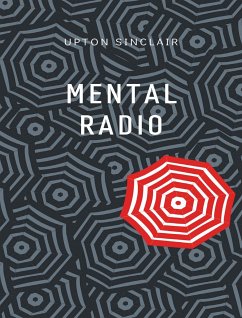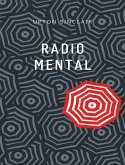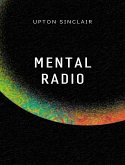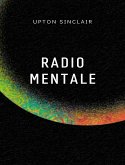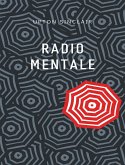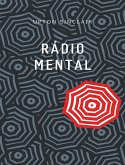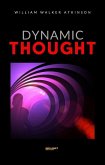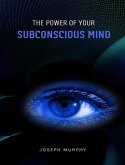The book is based on Sinclair's wife, Mary Craig Sinclair's experiments with telepathy and extrasensory perception (ESP). The book describes Mary Sinclair's ability to transmit and receive thoughts and images telepathically with her husband and other individuals. The couple conducted a series of experiments in which Mary would visualize an image or word, and Upton would attempt to guess what it was. The results of these experiments were recorded in the book. Sinclair's book was controversial at the time of its publication, as it challenged the prevailing scientific belief that telepathy and ESP were not real phenomena. The book sparked a renewed interest in parapsychology and the study of psychic phenomena. While some scientists have dismissed the results of the Sinclair's experiments as mere chance, others have suggested that they provide evidence of the existence of telepathy and ESP. Despite the controversy surrounding the book, it remains a classic in the field of parapsychology and is still studied and debated today.
Dieser Download kann aus rechtlichen Gründen nur mit Rechnungsadresse in A, B, BG, CY, CZ, D, DK, EW, E, FIN, F, GR, HR, H, IRL, I, LT, L, LR, M, NL, PL, P, R, S, SLO, SK ausgeliefert werden.

